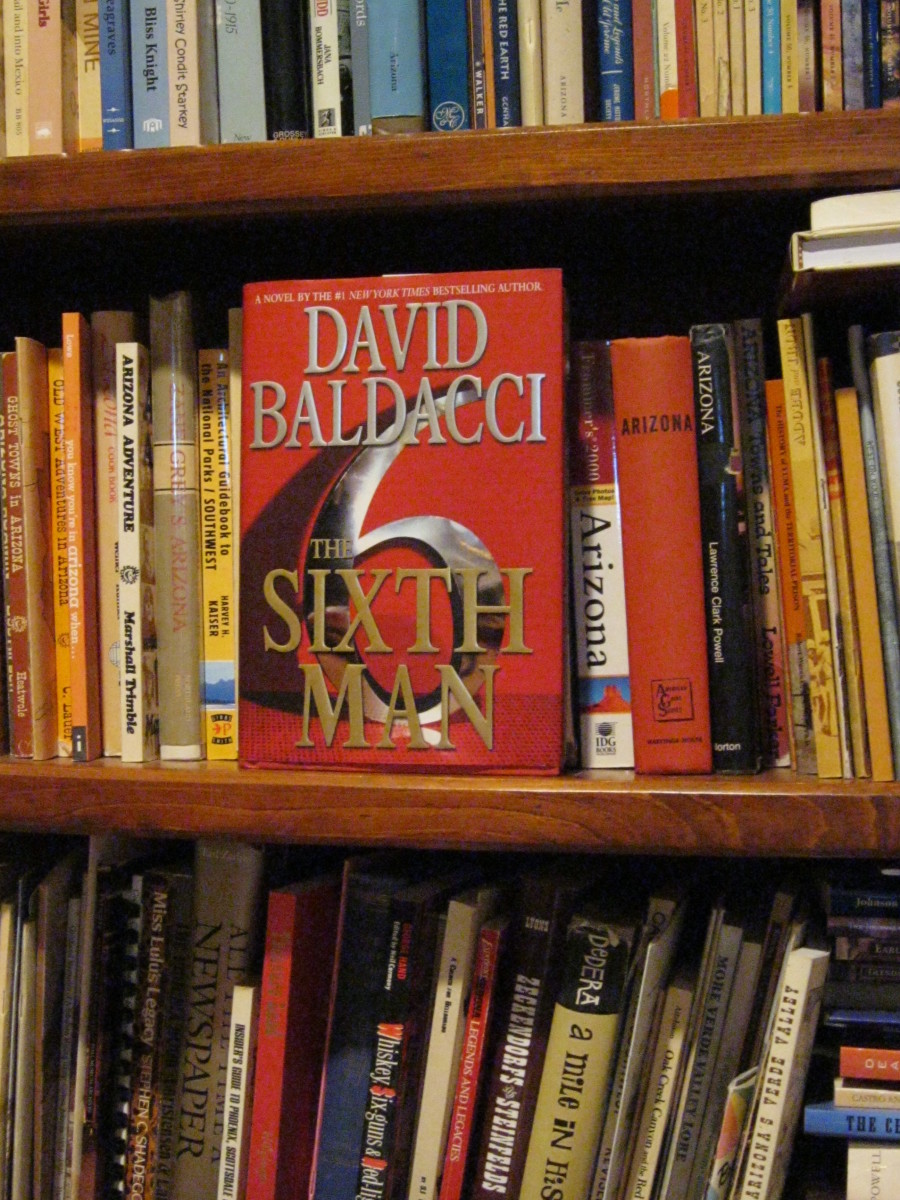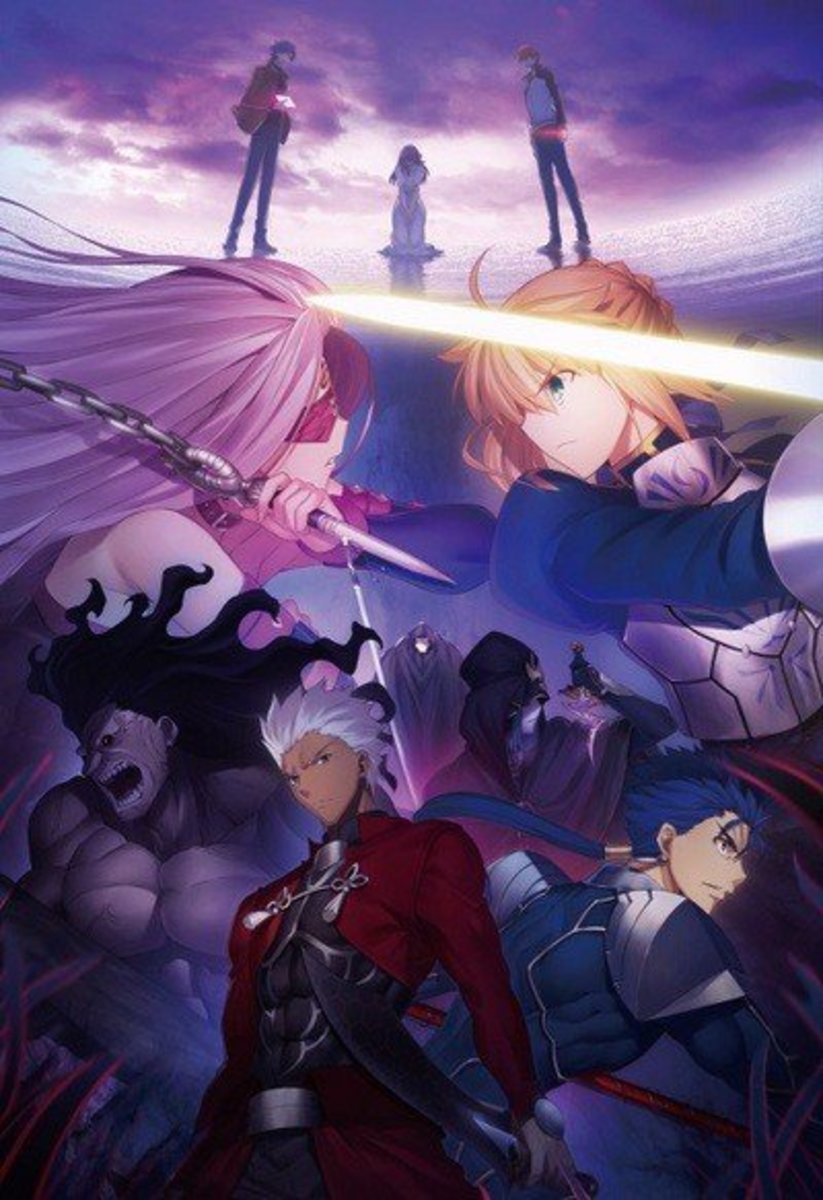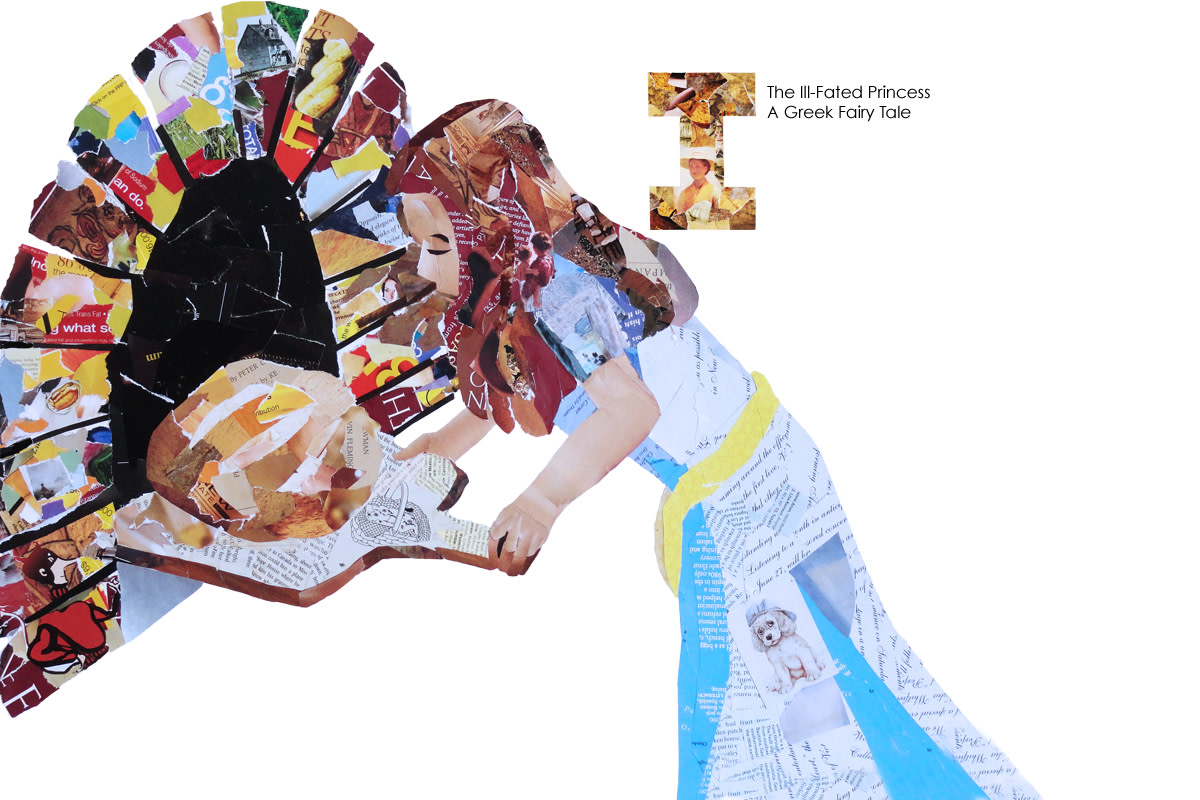Life and Fate by Vasily Grossman
Robert Chandler is a living English poet, according to Wikipedia. He holds the copyright on his translation and its introductions in 1985 and 2006. It opens with a straightforward biography of Grossman's life that is immediately sympathetic. One of the first footnotes excuses Grossman’s hard truths with a reference to his having studied chemistry in university, so the detached clinicism of the language in LIfe and Fate is linked to Primo Levi’s shared skill of meticulous detail.
The introduction progresses through the opinions held by Grossman's fellow artists in Stalin’s and Khruschev’s administrations, including an opinion Chandler has that something about Grossman’s love of truth alarmed Stalin and Gorky (another Russian writer who didn't fall out of favour with the regime). It also outlines the cross-references Chandler made with other Soviet exiles some of whom escaped from the regime with microfilms filled with nothing more treacherous than condensed fiction.
The facts in the introduction are no less chilling than the internal wranglings of the fictitious characters in the book. It’s impossible to imagine how someone would prosper having lost a mother the way he did, having blamed a wife who rejected his appeal to have his mother come live with them, his survival for another 20 years after his mother's random extermination (had she been let move to Moscow out of the juggernaut's way, she wouldn't have been a victim of that wave of ethnic cleansing).
The aftermath of the Holocaust played out differently in the USSR than my impression of how it played out in the west. There was another sanctioned wave of anti-semitism in the early 1950s and some of the torturous passages on self-defence and self-flagellation in Viktor Shtrum (one of the main characters in Life and Fate reflect Grossman’s own experience of juggling pervasive oppression and intimate relationships.
Chandler’s explanations of how Grossman’s actions correlated to the actions of his compatriots are charitable and plausible and his wider interest in the literature of historic Russian artists (see Robert Chandler's wikipedia entry) gives the introduction the feeling of a lecture. It also echoes the introduction Grossman gives the reader of Life and Fate to the panoply of Russian poets, short story and novel writers that Grossman could apparently quote from memory. Chandler’s included a list of other sources of first-hand knowledge of the environment and times Grossman worked in that informed his own work, that I've included here in the Amazon capsule.
Other histories he referred to in his introduction include Catherine Merridale's Night of Stone, Granta 2000 and Ivan's War, Faber and Faber 2005 that you could track down in your favorite format.
Published by Vintage Classics 2006 with a new introduction by (translator) Robert Chandler.
The blurb at the back of this edition says: “At the centre of this epic novel, overshadowing the lives of its huge cast of Russian and German characters, looms the battle of Stalingrad. Within a world torn apart by ideological tyranny and war, Grossman’s characters must work out their destinies.”
The quote that sells this paperback is from the Guardian’s review: “Life and Fate is a book that demands to be talked about.”
It attracted me because I’d heard of Vasily Grossman about six months before my husband ordered the book from the public library. A snippet about his life story was enough to snag both of us into being interested in what this Ukrainian Jew had to say about his country (the Soviet Union).
Roughly the lure was that he had been a patriotic citizen who was lauded during the second world war as an astute war correspondent, gaining the trust of everyone along the thread from servicemen and women at the front, through his newspaper colleagues and wartime censors, to his readers: people working and surviving thousands of miles away from the fighting.
It also mentioned how he had suffered a terrible reversal of fortune after the war, losing his Triple A-rating as a writer, being banished and having his work ‘disappeared’ by the KGB in the 1960s (the novel’s fate from manuscript to this publication is described in Robert Chandler’s introduction and in the wikipedia entry).
Though it was published in the west in 1980, Gorbachev’s USSR also published it at home in 1988.
Why it’s a hub is a) it took me a month to read it, and with my attention span and flakiness, it stands out as something worth sticking with; and b) because I agree with the Guardian.
Not only does it demand to be talked about, it’s begging for a huge production like Dr Zhivago, or Reds (Warren Beatty – the ‘lightweight’ actor made at least one mega-movie).
I read Gone with the Wind years after I’d seen the movie and even though it’s an epic about a pivotal time in the emancipation of African Americans, set against a backdrop of a (safely) historical war as it was made during roughly the same time depicted in Life and Fate, it’s a much simpler book as the ideas aren’t explored with such bleak stoicism or such relentlessness. The politics of religion, patriotism, self-censorship, the capriciousness of personal morality and perceptions of righteousness are peppered in between heart-breaking and heart-warming individual stories.
It’s a book that will satisfy military historians, students of psychology, Russian literature, or anyone with an analytical mind and nerves of steel.
I found it difficult partly because of the Russian patronymic cast of thousands that thwarted even my tried and trusted method of quickly absorbing an idea (skipping ahead past the befuddling bits) but the “cast list” at the back of the book helps when you’re in danger of re-writing the whole thing with Commisar Katie Browns, or Comrade Colonel Donnie Maroons.
The second layer of difficulty for me was how it leapt from lofty heights of personified ideology such as national pride to personal ignominy. You could be reading someone’s thought processes and discover, for instance, the distinct strands of a politico’s personal sense of ‘oneness’ with conscious humanism with a coccooning mesh of smaller sentiments such as confidence rather than arrogance, righteousness rather than evangelicalism. The comfort of reading a description of this person’s thought processes when they’re just being, quite often gets shredded when this recognisable mensch does something unspeakable. (You could find yourself liking some character for the sake of a blossoming romance and then find that he was a monster during the collectivisation of 1937.) As the novel is set during Stalinist totalitarianism and densely packed with unfamiliar geography as well as history I found at times that my sympathies were stretched too far between understanding and caring. Happily, the reader’s never too far away from a description of landscapes, skies, houses, interesting ideological history or romantic trysts that ease the heartbeat back to its normal resting pace.
Personally, I love a good sob story. Preferably in movies rather than books because at this hour of my life it’s rare that I’m moved to the full snot and ragged breathing that books like To Kill a Mockingbird or movies like Imitation of Life shamelessly drive any tender heart to. There are so many moments in Life and Fate where you could give full vent to the sympathetic sob that it’s a demanding emotional read regardless of the arcane observations on the intellectual themes. Another fictional work, The Dispossessed, by Ursula Le Guin, also explores collective comfort and dynamics versus individualist effort, capitalism versus anarchism, setting it against a backdrop of humanity living miles from here but creating many of the same problems for ourselves. It too explores idealism, naiveté, skepticism versus cynicism and has the stylistic advantage of being shorter, simpler and less harrowing.
But Life and Fate is as much a picture story as an important treatise on individual motivations versus group or societal ones, which again makes me hope that it will be made into a mainstream film soon.
Anyone who enjoyed the nostalgic echoes of heavy industry alluded to in Breaking Bad (when Jesse used the giant wrench to rob the train), or Mr White’s use of an M60 in the last take-down, will feel the excitement of the descriptions of machinery in Life and Fate. The sweet satisfaction of the substantial noise of a machine doing what it’s supposed to do (always sweet when the machine’s one of yours), naturally gets more than a passing mention in a book about humanity’s ingenuity in the service of war. Powerful machinery has a giddying effect and amplifying that excitement with the risk of imminent multiple deaths is even more so. That is just my personal recollection of hearing about 100 motorbikes revving up before a race: there was the sheer force of the noise, the expectation of the speed and danger for the riders and the gladness that I wasn't living the migrant life in the mobile homes of the crews that travel overland to service them. Feeling puny on the dock beside a towering ocean-liner had the same awe-inspiring sensation for me, and Grossman describes how a war craftsman’s mind works (a general of a tank division) as precisely as how a sensitive, romantic, responsible, erudite nuclear physicist negotiates with his conscience.
In the real world it correlated for me to a transport company owner or a construction company owner who is on the hook for the vast sums of money invested in a fleet of articulated lorries, steamrollers, diggers, or even farmers' combine harvesters, and how his or her every waking moment hums over the base note of having those machines hired out and paying their way.

Mechanics
The machinery of a convulsing empire is also drawn here with frightening clarity. It’s reiterated in Robert Chandler’s introduction that anchors some of the chapters to Grossman’s life, his conviction as a young man of his role within the system and his later mindset in dedicating himself to the panoramic sweep of Life and Fate. The framework of this novel as outlined in Chandler's introduction is that Grossman had become a dissident writer slowly over time, his greatest work was seen at the time as being his reports in the Soviet equivalent of Stars and Stripes, the paper for the armed forces. He only joined the army after his mother's death and got diverted to reporting on it rather than fighting it. Life and Fate was planned as a sequel to a previous novel he had written and became his life's work as he committed to trying to get it published in his own country first.
Without the threads tying the novel to his actual life story as written by Chandler, the stories gathered in Life and Fatecould be just more operatic melodrama that the Russians do so well. The style of writing can leave you in no doubt that it's based on true suffering, but the reminders of Grossman's life underline it. Incidentally, there's a 'deus ex machina' moment in the plot that saves one of the main character's bacon that in a lesser plot would have you flinging the tome down in disgust, (a magic phone call from god, no less, turns the tide for him). At least one of my all-time favorite fictitious heroines (Kinsey Millhone)'s mysteries is resolved on an equally flimsy plot device, so I've mentioned it as maybe one 'meh' moment out of 850-something pages.
It’s difficult to see how a film-maker would carve up this book: strip out the undermining effect of seeing a massive collective consciousness writhing forward chaotically?
Partly, Life and Fate is a sinister story because humanity has had to compartmentalise into national or ethnic identities to gain a foothold on conflicting goods as much as conflicting evils. Ultimately it's a positive novel: it's a memoir of cataclysmic times; the number of individuals in it who are clever, charming, lovable for human frailties, make its photo-realistic construction an echo of the ‘overwhelming force’ strategy that’s just as perishing as allowing warfare to be the point of our existence.
Add to that its even-handedness (how the divisions arose in the ideology from a uniting propulsion to a brutal savagery is shown equally well of soviet communism and German fascism). It's well worth much more than a month of your time.









